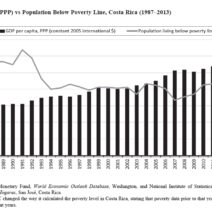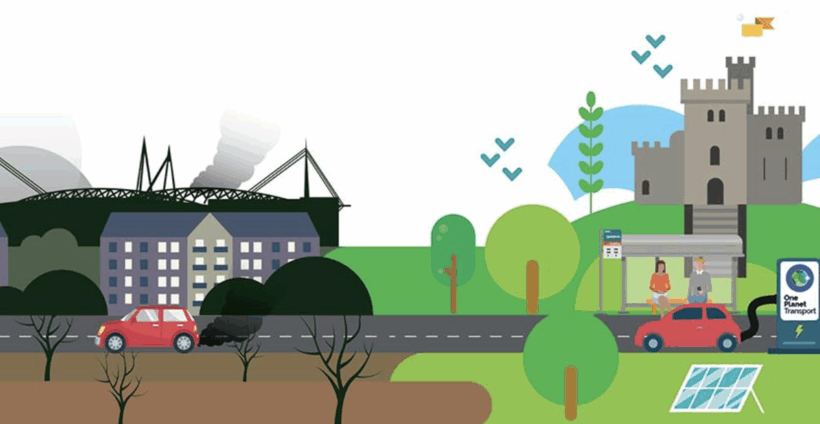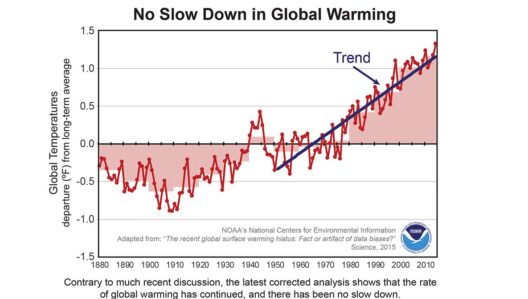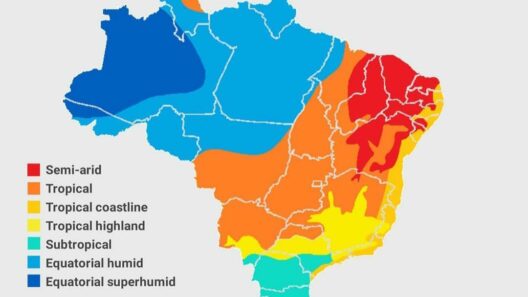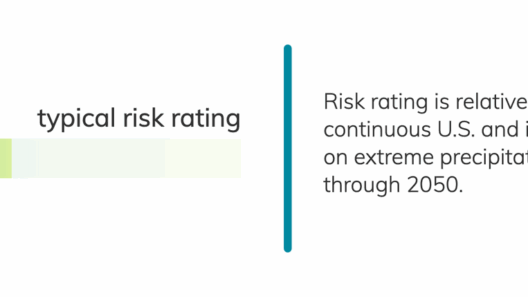The implications of climate change are manifestly evident in the world around us. From the increasing frequency of extreme weather events to alarming shifts in ecosystems, the reality is stark: our daily actions are subtly, yet unequivocally, fueling the crisis. It is not just the emissions from factories or the exhaust from vehicles; it is woven into the fabric of our everyday choices—be it the food we consume, the energy we harness, or the waste we produce. Understanding this intricate web of cause and effect is imperative if we are to chart a course toward sustainability.
At the core of climate change are greenhouse gases, primarily carbon dioxide (CO2) and methane (CH4). These gases trap heat in the atmosphere, leading to global warming. While industrial emissions are major contributors, individual actions collectively generate a significant portion of these gases. Daily habits, such as our modes of transportation, energy consumption, and dietary choices, typically go overlooked but contribute to the escalating crisis.
Transportation is a prime example. The convenience of personal vehicles often outweighs the environmental considerations for many. Internal combustion engines, prevalent in most cars, emit vast quantities of CO2. Interestingly, even short trips, which people tend to underestimate, add up. Opting for walking, cycling, or public transportation can dramatically curtail one’s carbon footprint. Moreover, the burgeoning acceptance of electric vehicles signals a pivotal shift: these vehicles utilize energy sources that can be much cleaner, depending on how the electricity is generated. However, the transition is gradual, and individuals must take it upon themselves to advocate for such changes in their daily lives.
Energy consumption in our homes further compounds the issue. The average household relies heavily on fossil fuels for heating, cooling, and electricity. Simple acts, such as leaving lights on when not in use or neglecting energy-efficient appliances, exacerbate the problem. However, adopting renewable energy sources, such as solar panels or wind turbines, represents an encouraging shift. These sources not only provide cleaner energy but also offer long-term savings on utility bills. Even smaller adjustments, like utilizing energy-efficient light bulbs or weatherizing homes, can substantially reduce energy demands.
The food we consume plays a vital role in climate change as well. The agricultural sector is a significant source of greenhouse gas emissions, primarily through livestock production and the use of chemical fertilizers. The implications of our dietary choices are profound; diets rich in meat and dairy exacerbate CO2 and methane emissions. Shifting towards a more plant-based diet can mitigate these effects, as plant cultivation generally has a smaller carbon footprint than animal agriculture. Furthermore, buying local and seasonal produce minimizes transportation emissions and supports local economies. It is a dual benefit that encourages consumers to be conscientious about their food sources.
Waste management cannot be overlooked when examining our environmental impact. Landfills emit methane, a potent greenhouse gas, as organic waste decomposes. The act of recycling, composting, and reducing single-use plastics can divert significant amounts of waste from landfills and cut down on emissions. These practices not only contribute to a healthier planet but also foster a culture of sustainability within communities. However, the allure of convenience often leads consumers to ignore these fundamental actions. A conscious effort to minimize waste can unfold into a larger societal shift toward environmental responsibility.
It is crucial to acknowledge the power of collective action. Individual changes, while impactful, gain exponential momentum when merged into community efforts. Grassroots initiatives can galvanize awareness and catalyze programs that encourage sustainable practices on a wider scale. For example, community gardens reduce food miles, while local energy cooperatives can facilitate the transition to renewable energy sources. Grassroots movements often inspire larger policy changes, demonstrating the interconnectedness of individual action and systemic reform.
Promoting environmental education is another critical piece in this puzzle. Knowledge empowers individuals to make informed decisions and encourages innovative solutions. Schools, businesses, and organizations must embrace educational programs that emphasize sustainability and climate literacy. Equipping future generations with the understanding of their environmental impact will foster a culture that prioritizes stewardship over consumption. Awareness is the first step toward actionable change.
As individuals, the transformation begins with us. Each action we take is an affirmation of our commitment to a healthier planet. Whether it is choosing to bike instead of drive, swapping out incandescent bulbs for LEDs, supporting local agriculture, or participating in community clean-up efforts, every seemingly small decision accumulates into a formidable force for change. The long-standing notion that significant change requires monumental effort is a fallacy; rather, it is the myriad of small, intentional actions that collectively results in substantial progress.
In conclusion, the challenge posed by climate change is formidable, yet not insurmountable. By acknowledging how our daily actions contribute to this crisis, we empower ourselves to make informed choices that benefit both the environment and our communities. The promise lies in transforming our perspective: from passive consumers to active participants in the quest for sustainability. Each of us holds the potential to pivot the narrative of climate change through diligent effort and collective resolve. The future of our planet relies not just on promises made at the policy level, but on the actionable commitment we embark on in our daily lives.
